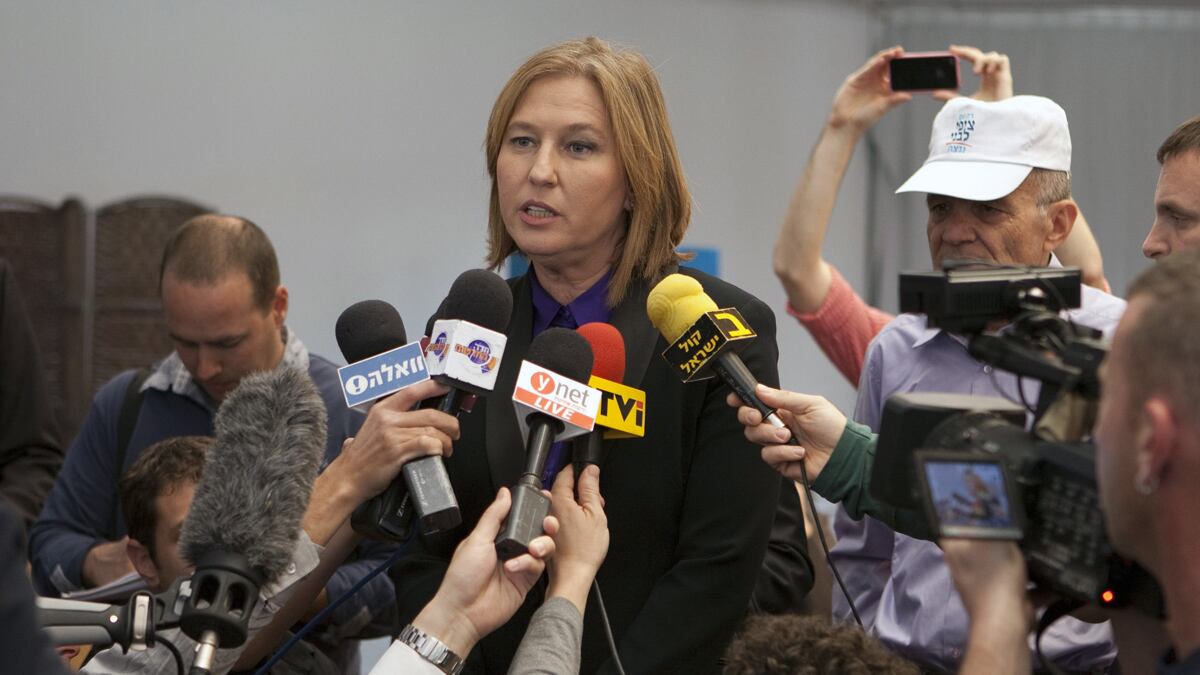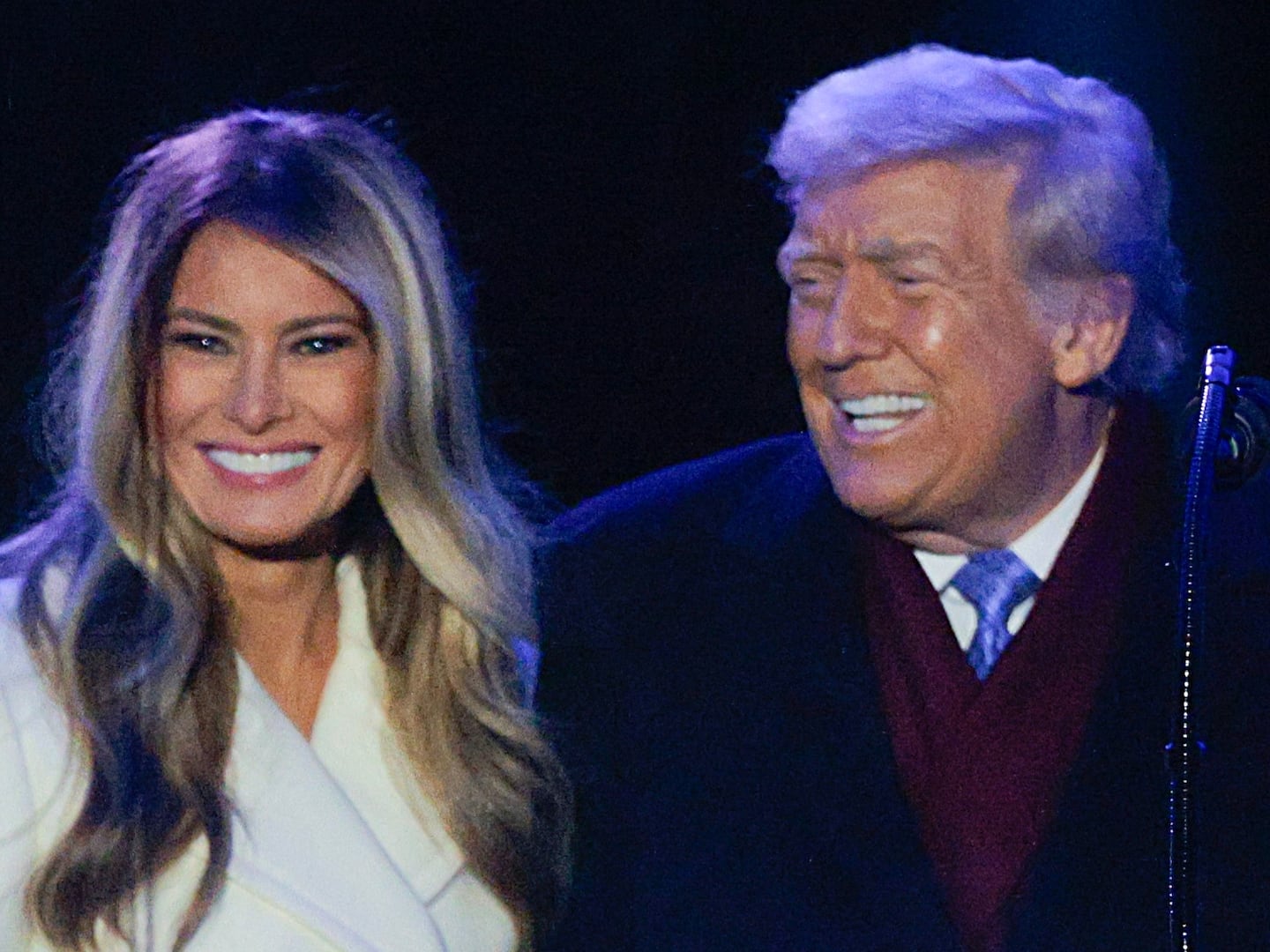In the complicated arithmetic of Israeli politics, Prime Minister Benjamin Netanyahu appears to have gained something substantial with the defeat of Tzipi Livni in the primary election of the main opposition party this week.
Netanyahu had no part in the contest—the election pitted Livni against her rival within the Kadima party, former army chief Shaul Mofaz.
Mofaz won by a wide margin.
But while Livni posed no real threat to Netanyahu, having her out of the way could make governing easier for him in the coming 18 months, the time he has left in his term.
And it will almost certainly give him more flexibility when forming his next government, should Netanyahu get reelected.
The advantages are not game changers per se. Already, Netanyahu’s coalition of rabbis and right-wingers has proved to be one of the most sturdy in Israel’s recent history.
But they will help insulate him from the volatility of coalition politics, which tends sooner or later to consume all Israeli leaders—and by doing so, perhaps extend the Netanyahu era.

“There’s no doubt he’s gained something from the situation,” says analyst Yossi Alpher, co-editor of the political website bitterlemons.net.
Livni was a tough opponent against Netanyahu when the two faced off in elections three years ago. She drew more votes than him, but failed to form a governing coalition. And instead of joining Netanyahu’s, she chose to keep Kadima in opposition, citing, among other things, his inflexible approach to talks with the Palestinians. She has been one of his harshest critics.
Mofaz, who started his political career as a member of Netanyahu’s Likud party (as did Livni) has also criticized the Israeli leader. But the two men are seen as less adversarial and more in step politically. Mofaz pushed to join Netanyahu’s government when it was forming, and though he now vows to replace it, Likud leadership believes he’s still open to the idea of a partnership.
The distinction could become significant should one of the satellite parties in Netanyahu’s coalition threaten to leave the government. Ultra-Orthodox parties like Shas, which hold the balance of power in Israeli politics, often make such threats in order to wrest concessions on narrow sectarian issues. Knowing that Netanyahu has an alternative coalition partner in Kadima would reduce their influence.
“It gives Netanyahu political leverage, even if the chances of Mofaz joining the coalition before the next election are slim,” Alpher says.
At the same time, Mofaz does not seem to pose a threat to Netanyahu. Polls published this week put him way behind Netanyahu, with his Kadima party garnering around 15 seats in parliament compared to some 30 for Likud.
Livni was not expected to fare much better, according to the polls. But her unwillingness to partner with Netanyahu after an election would have narrowed his options.
“In an election against Mofaz, it’s not even a contest and it’s hard to see how he improves his situation,” says Israeli pollster Rafi Smith, referring to surveys he’s conducted in recent weeks.
“I don’t see that Netanyahu has anything to fear.”






